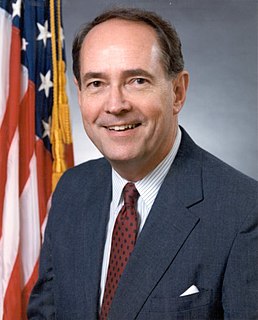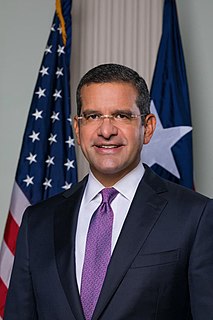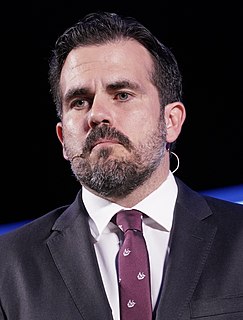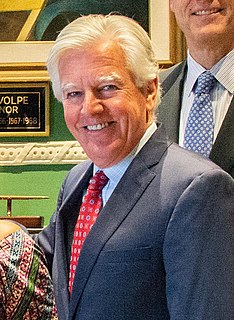A Quote by Dick Thornburgh
Internal self-government under a local constitution was authorized by Congress and approved by the residents in 1952, but federal law is supreme in Puerto Rico and residents do not have voting representation in the Congress.
Related Quotes
The commitment to international agreements is embodied, it's found in the U.S. Constitution. Article Six of the U.S. Constitution provides that treaties of the United States are part of the supreme law of the land along with the constitution itself and laws passed by Congress. Well, the US government certainly has not been acting in recent years as if treaties were part of the supreme law of the land.
They [ the government of Puerto Rico] are asking to be given the right to declare bankruptcy, which I think should be an option, as a last resort, if there is no other resource. But there also need to be measures, changes within the government of Puerto Rico, in the ways that the island's funds are administered, not just to deal with this budget issue, but also to have, to attract the economic growth that is necessary for Puerto Rico to begin to grow economically. They are losing population, and they are losing economically.




























